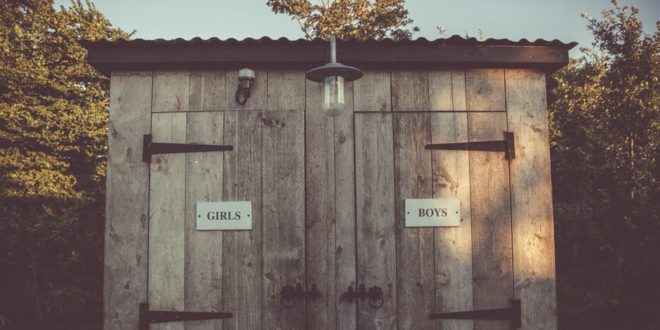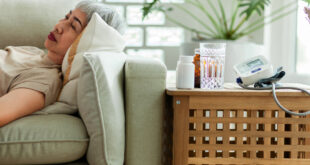Maggie, a busy and outgoing 65 year old, has named her bladder control problems `the creeping disease’. Unlike many sufferers of urinary incontinence she got help, but not until her occasional leak had become an occasional flood.
More than half of the estimated 280,000 adults affected by bladder control problems in New Zealand do not seek help. Sadly this silence means people don’t realise incontinence is common and in most cases curable or manageable.
How common?
An estimated 20 million people in the USA suffer some form of incontinence. The vast Nurses’ Health study in the USA found that 34% of women aged 50–70 years of age leaked urine at least once a month (American Journal of Obstetrics and Gynecology 2002;100:719–23). The Royal College of Physicians estimated 8–15% of women aged 45–64 and about 15% of women aged 65 years or over were affected. While the New Zealand Incontinence Association believes bladder problems affect about 40% of men over the age of 45.
Signs and symptoms
For most people, the first signs of Stress Incontinence, one of the two main types, may be a small trickle when they laugh, cough or play sport. The other most common form of incontinence is Urge Incontinence. Occurring suddenly it can be the cause of much embarrassment as sufferers struggle to reach the toilet in time. Many women experience a combination of stress and urge incontinence.
One or a combination of excess weight, smoking, diabetes, drugs, hormonal changes, hysterectomy and childbirth may contribute to bladder problems.
Prostate problems in men
Incontinence is less common in men than women with stress incontinence typically occurring after prostate surgery or as a result of nerve damage from a spinal injury. If men experience any of the following symptoms it may indicate enlargement of the prostate.
- Difficulty starting to pass urine
- Taking a long time to start
- Passing urine in stops and starts
- Dribbling when trying to stop
- The sensation of not having finished
- Having to get up more than twice a night to pass small amounts
Prostate enlargement affects about 40% of men at the age of 60, rising to 75% by the age of 80. Male health specialist Dr Glenn Twentyman says prostates often double in size as men age. `The prostate and perhaps the gut are the only things that get larger as men age. As the prostate enlarges it can interfere with the closure of the base of the bladder, which keeps the urine in place.’ says Twentyman.
Treatment
No leakage is normal therefore it is important to seek help if you experience symptoms. As Maggie found out a trickle if untreated can become a flood. Treatments differ depending on the type and severity of the symptoms, however studies have shown strengthening the pelvic floor muscles to be the most effective treatment for stress incontinence. Pelvic floor exercises- kegels- target the muscles responsible for stopping the flow of urine. To see results kegels need to be done regularly every day for at least three months. An added benefit of strengthening the pelvic floor is better sex. A strong pelvic floor can strengthen orgasms for women and enhance the ability of men to maintain an erection.
Other treatments include bladder training, dietary alterations, weight loss and medication. Surgery is only required by a small number of women.
Remember
A leaky bladder is not something you have to live with. All bladder health problems can be managed and most can be cured. Talk to your doctor or contact the NZ incontinence association www.continence.org.nz for more information.










Join the Discussion
Type out your comment here:
You must be logged in to post a comment.